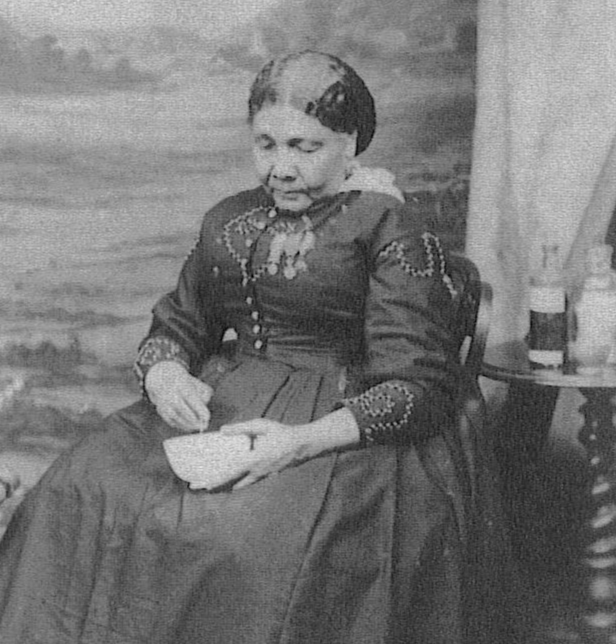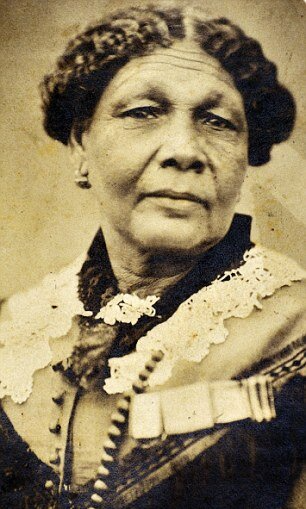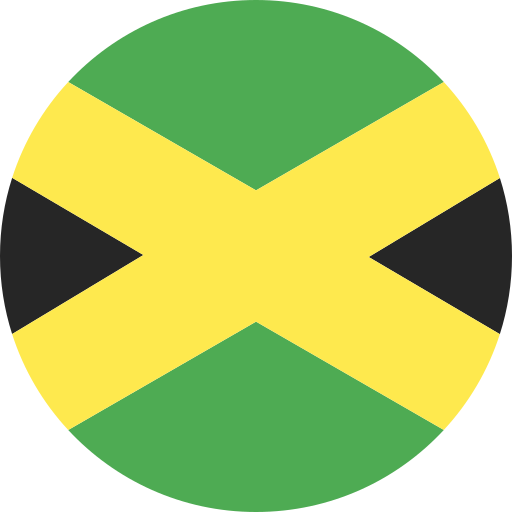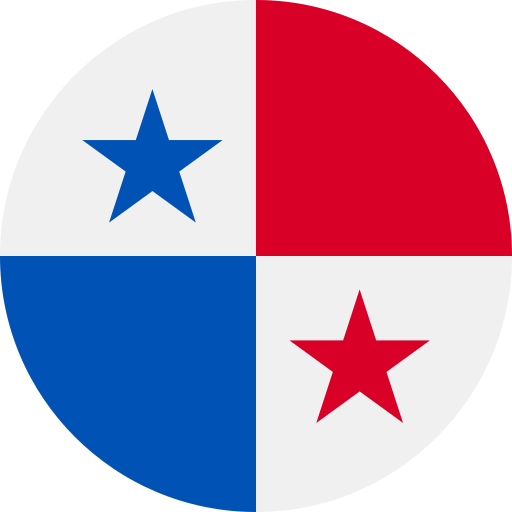Take a moment and imagine being told "No" all the time, simply because of your skin color. Imagine watching a war unfold, knowing you have the skills to help — but being turned away.
Would you give up? Or would you find another way?

Meet Mary Seacole, a significant figure in the history of nursing who refused to take “no” for an answer. She didn’t let rejection stop her from traveling thousands of miles to help wounded soldiers in the Crimean War.
 Unknown source, Public domain, via Wikimedia Commons
Unknown source, Public domain, via Wikimedia Commons
Her story can teach us lessons about courage, kindness, and resilience — and why she deserves to be remembered today.
Who was Mary Seacole?
 Image courtesy of Frauenmuseum Hittisau
Image courtesy of Frauenmuseum Hittisau
Mary Seacole was born in 1805 in Kingston, Jamaica.
Her mother was a healer who used traditional African and Caribbean herbal medicine to treat the sick, so Mary learned these skills from a young age.
She had a strong interest in medicine and travel, so she visited different countries, including Britain, to gain more knowledge.
During her earlier years in London, Mary faced racial discrimination while gaining medical experience. She later returned to Jamaica and married Edwin Seacole, who passed away after eight years.
The Life of a "Doctress"
After losing her husband and mother, Mary Seacole continued building her reputation as a "doctress".

In 1850, she treated people with fevers, including British army officers staying at her boarding house in Kingston, Jamaica. She also provided remedies during cholera and yellow fever outbreaks.

Mary formed strong bonds with the soldiers she cared for, seeing them as her "sons" —a deep connection that later inspired her to help in the Crimean War.
In 1851, she traveled to Panama to help with her half-brother's hotel business in the town of Cruces, where another cholera outbreak had struck.
Lesson #1: Be Courageous!
Mary Seacole showed great courage when she tried to volunteer as a nurse for the British Army during the Crimean War. Despite her extensive skills and experience, she faced multiple rejections because of her race.
Instead of giving up, she funded her own trip to the war zone in the Crimea. She set up the "British Hotel" near the battlefield, providing wounded soldiers food, shelter, and medical care. Her bravery and determination made a massive difference to many lives.

Rejection isn't the end — be brave, believe in your worth, and find another way to achieve your goal.
Lesson #2: Be Resilient!

Not only was Mary a nurse, but she was all about her business, from setting up a store with her husband, investing in gold in Panama while running a restaurant and hotel, rebuilding her mother’s former lodging house into a hospital to then opening another hospital in the Crimea to serve wounded soldiers.
After the war, she faced financial struggles but never gave up. She rebuilt her life with the support of those who admired her, showing incredible resilience.

Stay adaptable, learn from setbacks, and keep pushing forward!
Quiz
What does it mean to be resilient?
Lesson #3: Be Kind!

Mary Seacole was known for her kindness and compassion and many soldiers called her “Mother Seacole” because of the care she gave them.
She put the well-being of others above her own and dedicated her life to caring for the sick and injured. She didn’t just treat soldiers’ wounds on the battlefield, she even provided a place for the soldiers to feel comforted and listened to.

Offer kindness, time, or resources — small acts of support can make a big difference in someone's life.
Take Action
Are you feeling inspired by Mary?

Here are some further resources to learn more.
Your feedback matters to us.
This Byte helped me better understand the topic.

